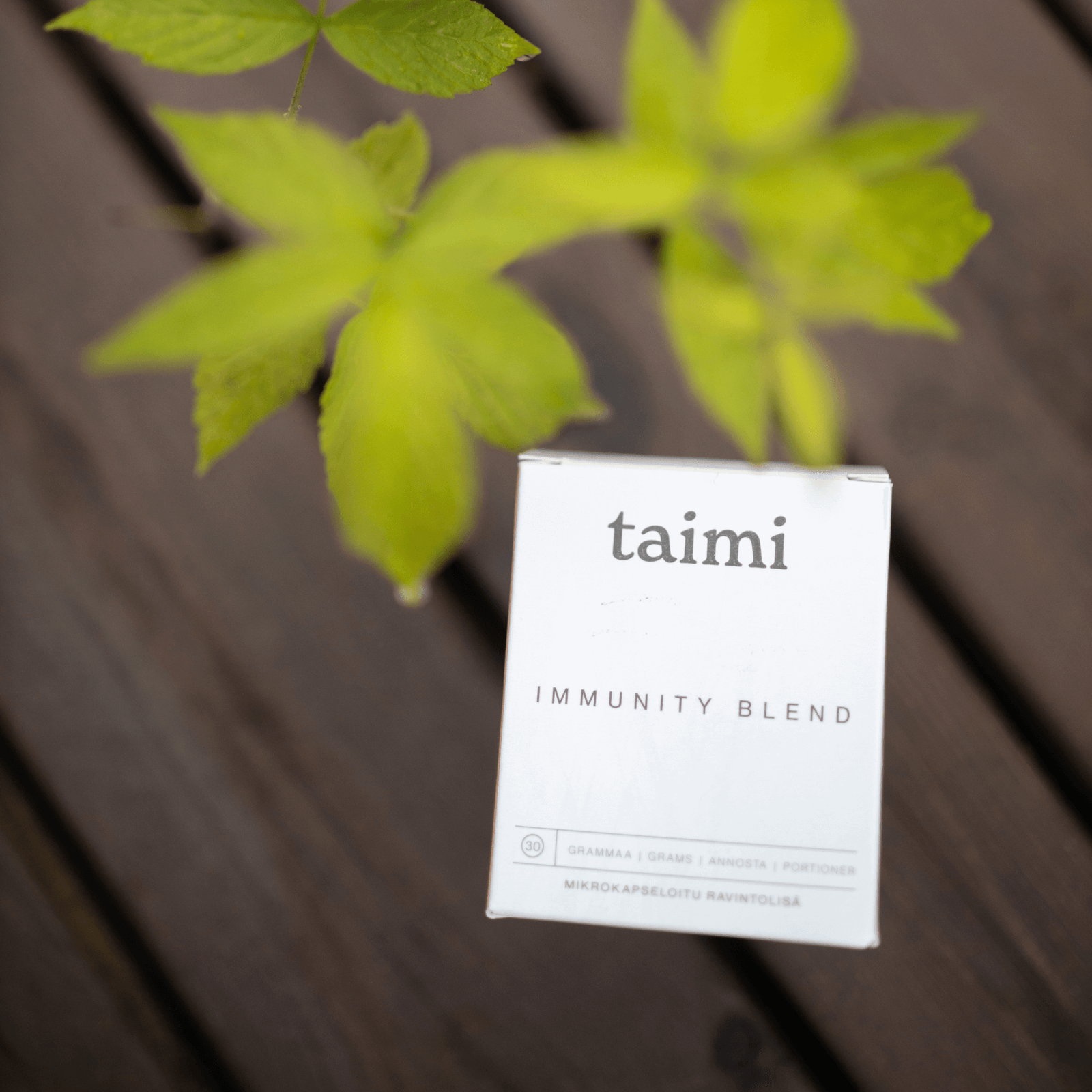"I just can't concentrate today."
"If only I could focus, I'd be done with this."
"I'd like to finish this but I can't concentrate!"
Do you ever find yourself struggling to focus on a task, even though there's technically nothing stopping you from doing it? Maybe there aren't even physical distractions in your environment, but for some reason you just can't focus.

Your thoughts may wander for up to 2-3 hours during the working day.
Concentration is directing voluntary attention to a selected object for a longer period of time. It requires a cognitive function called inhibition in cognitive psychology, i.e. the ability to ignore competing stimuli. For example, at work, you may have to ignore a conversation your coworkers are having in order to direct your attention to something more important at that moment.
Our own thoughts can also be just as disturbing - or even more disturbing. For example, when you try to focus, but keep thinking about other things (they can be good things, like a fun concert last weekend, or worrying things, like an unstable relationship), it's very difficult to focus. Redirecting your mind to the task you should be doing requires the ability to inhibit.
 Many of us know the feeling of having to divide our attention between a million different things and end up not being able to focus on anything.
Many of us know the feeling of having to divide our attention between a million different things and end up not being able to focus on anything.
Inhibitory ability is part of a group of cognitive processes called executive skills. There are three operational management skills:
- Blocking
- Cognitive flexibility (the ability to switch between tasks that each have their own rules)
- Working memory (how much information you can keep in mind at one time).
Developing operational management skills requires practice. Focusing and paying attention is always more cognitively taxing than doing it unconsciously before you decided to consciously focus on a new thing.
Attention is a valuable resource and it gets tired easily. When we do things that burden our cognitive resources, it becomes more difficult to concentrate. If you want to focus better, it's best to avoid overloading your executive skills with unnecessary things so you can direct your precious mental resources to the task you really want to focus on.
Here are some examples:
- Blocking ability : Make sure your workspace is quiet so you don't have to waste mental resources ignoring (blocking) other coworkers' conversations. A good external way to reduce the distraction of colleagues' conversations and raise their threshold to interrupt you is to put headphones on your ears.
- Working memory : The amount of information you can use in your mind at once is limited and that limit is easily exceeded. Avoid overloading your working memory when you're trying to concentrate. Solving a difficult problem often requires a lot of information in your working memory at one time. This leads to the fact that the mind's resources are directed to juggling different parts of the problem, and not so much to solving the problem. You can fix this by reducing the problem area: try to divide the problem into smaller parts on paper and solve them one at a time.
-
Cognitive flexibility : Jumping between tasks consumes a lot of valuable cognitive resources, so avoid doing two things at once. For example, many people keep a messaging system like Microsoft Teams, or even just their text messages, open while working. Each time your attention is drawn to an incoming message, it costs cognitive energy to return your attention to the original task.
Remember that operational management skills can be improved with practice. Just like muscles develop in the gym, the brain becomes more efficient when it is used.
 Throughout the day, and especially during the work day, you should take stretching breaks, do breathing exercises or a few gym exercises with weights, so that you can focus on your work tasks again.
Throughout the day, and especially during the work day, you should take stretching breaks, do breathing exercises or a few gym exercises with weights, so that you can focus on your work tasks again.
Focusing is a skill, and it takes effort. A good way to start is to be aware of your own activities and working methods and strive to be a little better than the day before.
Also, meditation, where the mind is fixed on an object, for example breathing, helps in developing both the ability to block and cognitive flexibility. Working memory can be developed with sudoku, for example.















